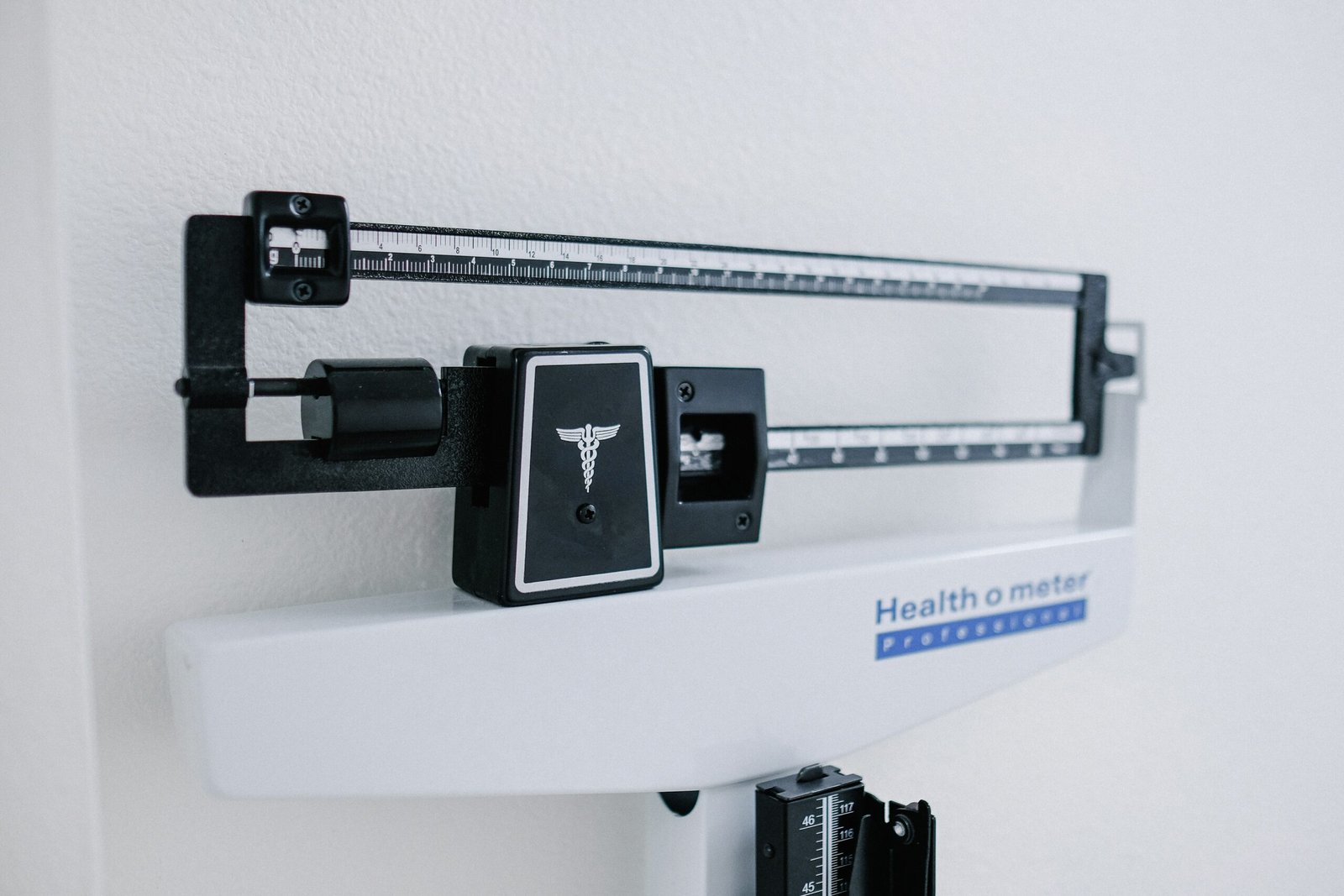The Importance of a Balanced Daily Diet
When it comes to maintaining a healthy lifestyle, one of the most important factors to consider is your diet. A balanced daily diet is essential for providing your body with the necessary nutrients it needs to function properly. By incorporating a variety of nutritious foods into your meals, you can ensure that you are getting all the essential vitamins, minerals, and macronutrients your body needs to thrive.
Macronutrients: The Building Blocks of a Healthy Diet
Macronutrients are the nutrients that our bodies require in large quantities to provide energy and support growth and development. These include carbohydrates, proteins, and fats.
Carbohydrates are the body’s primary source of energy, providing fuel for our brain and muscles. They can be found in foods such as whole grains, fruits, and vegetables. It is important to choose complex carbohydrates, such as whole grains, over simple carbohydrates like sugary snacks, as they provide a steady release of energy and are more nutritious.
Proteins are essential for building and repairing tissues, as well as for the production of enzymes and hormones. Good sources of protein include lean meats, poultry, fish, beans, legumes, and dairy products. It is important to include a variety of protein sources in your diet to ensure you are getting all the essential amino acids your body needs.
Fats are important for providing energy, insulating and protecting organs, and aiding in the absorption of fat-soluble vitamins. It is important to choose healthy fats, such as those found in nuts, seeds, avocados, and olive oil, over saturated and trans fats found in fried and processed foods.
Essential Vitamins and Minerals
Vitamins and minerals are micronutrients that our bodies need in smaller amounts but are still crucial for maintaining good health. They play a role in various bodily functions, including immune system support, bone health, and energy production.
Fruits and vegetables are excellent sources of vitamins and minerals. Each color of fruit or vegetable represents different nutrients, so it is important to eat a variety of colors to ensure you are getting a wide range of nutrients. For example, orange fruits and vegetables are rich in vitamin C, while leafy greens are packed with iron and calcium.
In addition to fruits and vegetables, other sources of essential vitamins and minerals include whole grains, lean meats, dairy products, and nuts and seeds. By incorporating these foods into your daily diet, you can ensure you are getting all the necessary micronutrients your body needs.
Tips for Building a Balanced Daily Diet
Building a balanced daily diet doesn’t have to be complicated. Here are some tips to help you get started:
- Include a variety of fruits and vegetables in your meals. Aim for at least five servings per day.
- Choose whole grains over refined grains. Whole grains are higher in fiber and more nutritious.
- Incorporate lean proteins into your meals, such as poultry, fish, beans, and legumes.
- Include healthy fats in your diet, such as those found in nuts, seeds, and avocados.
- Limit your intake of processed and sugary foods, as they are often high in unhealthy fats and added sugars.
- Stay hydrated by drinking plenty of water throughout the day.
- Listen to your body’s hunger and fullness cues. Eat when you are hungry and stop when you are satisfied.
Remember, building a balanced daily diet is a lifelong journey. It’s important to make sustainable changes to your eating habits and find a balance that works for you. By prioritizing nutritious foods and making mindful choices, you can nourish your body and support your overall health and well-being.




